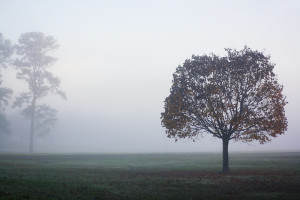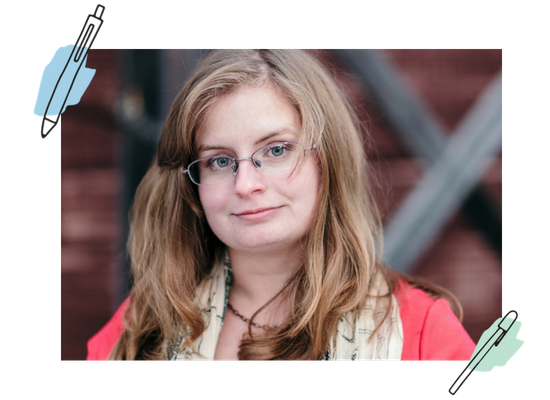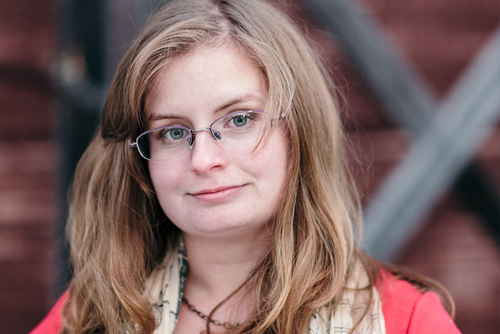One thing that fascinates me, perhaps in a morbid way, is how disability and disease effects every part of a person’s life–especially when it’s not an physically obvious diseases.
Today I read Nancy Mairs’s essay Disability, which I’d highly recommend. One of my favorite quotes comes at the end:
But it will be a good bit easier psychologically if you are accustomed to seeing disability as a normal characteristic, one that complicates but does not ruin human existence. Achieving this integration, for disabled and able-bodied people alike, requires that we insert disability daily into our field of vision: quietly, naturally, in the small and common scenes of our ordinary lives.
Here is a bit of disability in my daily field of vision:
Today, I got up. Joints cracked, etc. My right pointer finger has started hurting with the tapering off of Prednisone, and now it’s a constant little jabbing pain just to remind me that my Rheumatoid Arthritis is still spreading. I went to physical therapy for my neck and shoulders. Got a massage and grit my teeth through the painful bits. I still can’t handle hardly any pressure. When I went out to the car, I looked in the mirror and noticed that my face is less oval, thanks to the drop in steroids. I’m very slowly starting to look more like my old self.
Every time I hold something, I have to consciously think about how much my fingers can stand. Every time I go to open a door, I brace myself for the strain.
I wear a brace to help support my right middle finger. Recently the bones have been sliding around or something, because the painfully obvious bump on the left side of the finger has been growing. I keep rubbing it throughout the day and wondering if it’s possible it’ll crumble apart or break the skin eventually.
In my agriculture class, we were spinning wool. At one point I knocked the tools against one of my fingers and had to bite my lip over a gasp. After we spun for a while, we had to go flip some sheep. It was really fun, especially watching others at it. When I was my turn, I went to grab the sheep’s hindquarters and it jerked away. I let go before it could hurt me, and had to stop and consider whether I’d be able to actually do it. I tried twice more, and the third time I got a strong enough grip that it wasn’t putting pressure on my fingers. With some help from the professor, I got the sheep down… though it did dump me in the mud on the way.
These are just a few of the constant, daily (well… I don’t daily flip sheep) things living with Rheumatoid Arthritis effects. It would be impossible for me to make people around me aware of all the little moments of discomfort or pain. I wouldn’t want to. And mine is a very, very minor disability.
One thing in Mairs’ essay that made me think was the idea of isolation, of there being no one quite like me. It’s true. Aside from the HUMIRA commercials (where everything’s happy-dorry once she has HUMIRA, yippee and huzzah), there really isn’t someone like me in the shows I watch or the books I read. Until I found Rheumatoid Arthritis Guy, I really was beginning to feel there was no one feeling the things I felt. While the world of movies and books might change, I’m not holding my breath. It’s so hard to write about the complexities of disability that it’s unlikely there’ll be a bloom of satisfactory representations.
I wonder if I need need to be the representation. Being honest and letting people see the complexity of disability isn’t just a therapy for myself–because it allows me to not have the burden of being the strong one–but it also helps prepare others. Mairs is right–most people are or will become disabled. And by seeing a tiny bit of disability every day, they might be better prepared.
My younger sister was diagnosed with Type 1 Diabetes when she was 13. I underwent a stressful uncertain period from 17-18 years old before I was diagnosed with Rheum. I cannot tell you how much living with my sister, living with her ups and downs with diabetes, prepared and strengthened me when my health problems hit. Knowing she survived and continued living (pretty happily, on most days) with a silent stubbornness to keep going gave me the courage to face another doctor, another test, another medicine.
So, who knows? Maybe I can use my daily little trials to encourage both the disabled and the healthy.
















